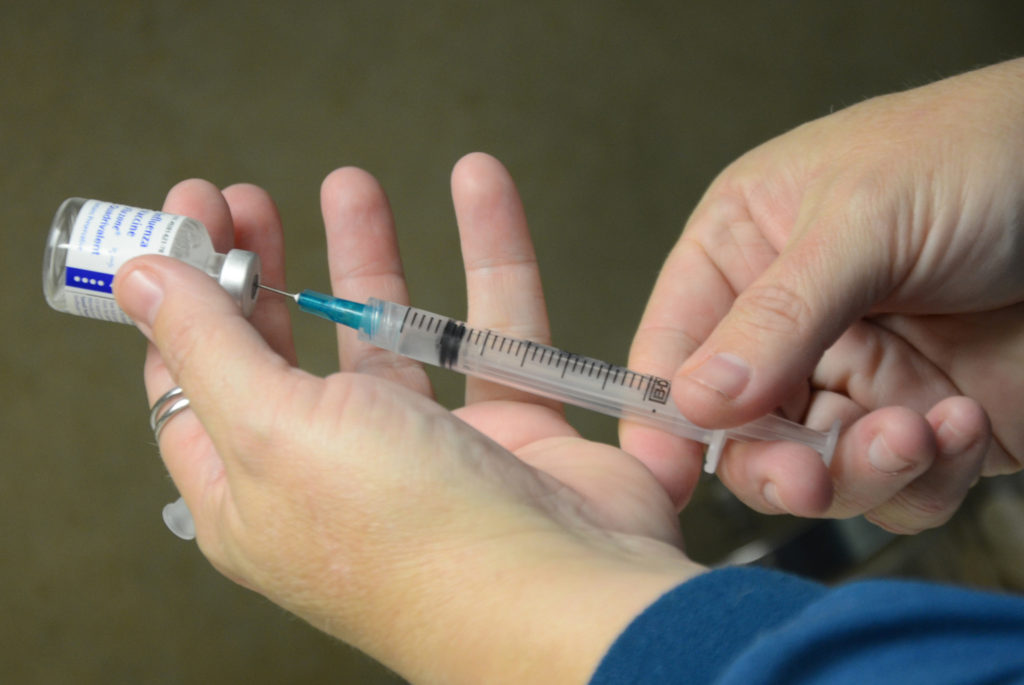
Will Ornish Lifestyle Medicine Help People with Microvascular Heart Disease (MVD)?
Photo Credit: Martin LaBar, via Flickr Creative Commons
The simple answer is yes! Most of the time.
Small vessel/microvascular heart disease (MVD), also called cardiac syndrome X, is different than large vessel heart disease, but the risk factors are very similar. In most heart disease, people experience a plaque build-up in the large coronary arteries that can be seen on an angiogram.
Angina has improved as well their myocardial contractility and myocardial blood flow
MVD is Often Missed
Microvascular Heart Disease is different in many ways: first, MVD is a problem that develops in the small arteries and is usually missed on an angiogram. It can be seen with PET scanning or on an exercise stress test. Second, instead of plaque building up, these vessels are inflamed, swollen and do not dilate normally. Third, the symptoms are different: people with MVD may report that they are just more tired or weak during regular activities, and angina or chest discomfort often lasts longer than typical angina (up to 30 minutes). Finally, this type of heart disease is found more commonly in women, diabetics and hypertensives. Though some people have only MVD or only large vessel issues, many people have a mixture of problems in both the large and small vessels. If someone has large vessel disease, further testing for small vessel disease is not generally performed.
Ornish Lifestyle Medicine’s published research was on people with known large vessel plaque-based disease. Over the last 30 years, a large number of people with small vessel/microvascular disease (MVD) have participated in the Ornish Lifestyle Medicine program. Their angina has improved as well their myocardial contractility and myocardial blood flow. They gain more energy and their ability to exercise improves. This program can help in ways that surgery can’t for many reasons. For people with MVD, the main reasons are decreased inflammation, improved blood pressure and that fact that it creates a healing environment for the endothelium.
The reason the program works is relatively simple: if you can find the cause (or causes) of an issue and turn it (or them off) before too much damage has occurred, then you can slow, stop or reverse disease.
The Role of Inflammation
The causes of large and small vessel diseases are very similar, but the way these causes act on the blood vessels is different. In large vessel disease the causes create plaque growth. In MVD these same causes create swelling and smooth muscle dysfunction. Though inflammation is the key in both types of heart disease, it is particularly important in MVD. Inflammation affects the inside lining of the blood vessel and causes damage to the endothelium and the nearby smooth muscle. Over time they swell, stop functioning normally and the result in decreased blood flow. It is this decrease in blood flow that leads to damage and this can happen to someone’s heart, kidneys, eyes, nerves, limbs and more. Unlike a heart attack, which is an event that stops blood flow completely, MVD is a slower process. As MVD progresses a person simply can’t get enough blood flow to where it is needed and the cells in that area stop functioning and eventually die.
Ornish Lifestyle Medicine corrects most of the causes of this problem. The damaged endothelium is caused by a combination of oxidative stress, high blood pressure, poor nutrition, excess cholesterol, high blood sugar, excess catecholamines (due to stress) and systemic infections or autoimmune conditions.
Fortunately, Ornish Lifestyle Medicine has been proven to lower blood pressure, lower blood sugar, increases blood flow through collaterals, stabilize plaques to increase blood flow, increase antioxidants, decrease cholesterol, decrease inflammation and provide nutrition to help heal the endothelium. Not only do we see improvements in MVD, but we also see improvement in people with other microvascular and inflammatory issues like stage I-III renal disease, arthritis and neuropathies. We also see an improvement in inflammatory markers like CRP (a blood test for inflammation).
The four elements of the Ornish Lifestyle Medicine program (Fitness, Nutrition, Love and Support, and Stress Management) work synergistically to reverse the causes of many diseases. We have seen in all our studies that the more people change and the longer they continue with these changes the more benefits they see.









